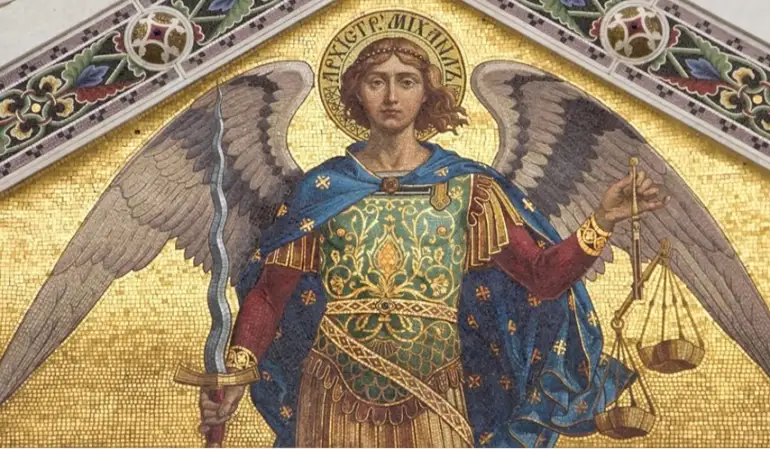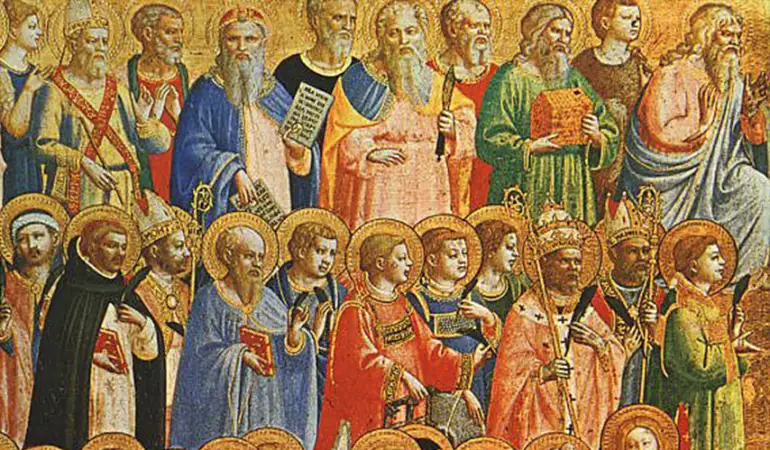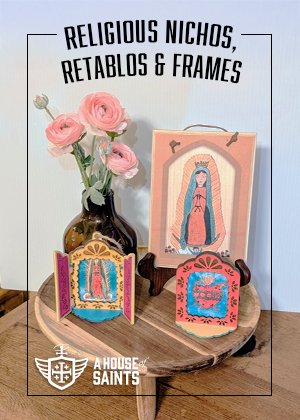Carlo Acutis, the First Millennial Saint
The Italian teenager Carlo Acutis, who died in 2006 of a rare form of leukemia at age 15, will soon become the Catholic Church's first “millennial saint.”
December 26, 2024 00:13
For many outside the Catholic Church, the idea of a saint might conjure images of historical figures in flowing robes, distant and perhaps unrelatable. Then comes Carlo Acutis: an Italian teenager who loved video games, coding, and sneakers, yet is on the path to becoming the Catholic Church's first "millennial saint." This is a significant moment, not just for Catholics, but for anyone curious about how faith intersects with modern life, particularly for young people immersed in technology.
So, who was Carlo Acutis, why is he on this extraordinary path, and what makes him resonate so powerfully with today's youth?
Who Was Carlo Acutis? A Boy From Italy
Carlo Acutis was born in London in 1991 to Italian parents but grew up in Milan, Italy. From a young age, he showed a remarkable devotion to his Catholic faith, far beyond what was typical for children his age. Despite his parents not being particularly devout at first, Carlo's spiritual enthusiasm was infectious and eventually inspired them. He was a normal, bright kid who loved playing soccer, watching cartoons, and, significantly, spending time on his computer.
In 2006, at the tender age of 15, Carlo was diagnosed with a rare and aggressive form of leukemia. He offered his suffering for the Pope and the Church, dying just a few days later, on October 12, 2006.
Why is Carlo Becoming a Saint? More Than Just a Good Kid
For the Catholic Church to declare someone a saint, it requires more than just living a good life; it requires a life of "heroic virtue" and, typically, the confirmation of miracles attributed to their intercession after their death. Carlo's path to sainthood has followed these rigorous steps:
- Venerable: After a thorough investigation into his life and writings, where his exceptional faith, charity, and virtues were documented, he was declared "Venerable" in 2018.
- Blessed: In 2020, he was beatified (declared "Blessed") after a miracle attributed to his intercession was formally recognized. This involved the inexplicable healing of a Brazilian boy suffering from a rare pancreatic condition.
- Upcoming Canonization: A second miracle, attributed to Carlo's intercession, was recently approved by the Vatican: the healing of a Costa Rican university student who suffered severe brain trauma after a bicycle accident. This second confirmed miracle clears the way for his canonization, making him a "Saint."
These miracles, rigorously investigated by medical and theological experts, are seen by the Church as God's affirmation of Carlo's heroic holiness and his presence in Heaven.
Carlo and Technology: The "Cyber Apostle"
Perhaps what makes Carlo truly stand out, especially to a modern audience, is his profound connection to technology. Far from being a distraction, Carlo saw the internet as a powerful tool for evangelization. He taught himself how to code and spent years of his short life creating a website dedicated to cataloging and publicizing Eucharistic miracles from around the world. He understood that the internet could be a way to share faith and knowledge with a global audience, calling the internet "a means of evangelization, not only a means of distraction and entertainment."
His foresight and innovative use of digital tools have earned him the unofficial title of "God's influencer" or the "Cyber Apostle." He demonstrated that technology, often viewed with skepticism by traditional institutions, could be a bridge to faith.
Why Is He So Popular, Especially with Youth?
Carlo's appeal to young people is undeniable, largely because he was one of them:
- Relatability: He dressed in casual clothes, played video games, and navigated the same digital world that today's youth inhabit. He wasn't a historical figure from a distant past; he was a teenager who grappled with the same tech as they do.
- Authenticity: He wasn't preachy; he simply lived his faith with profound joy and conviction, allowing his actions to speak louder than words. His love for God was genuine and unpretentious.
- Modernity of Holiness: Carlo shows that you don't have to be a priest, a nun, or live in a monastery to be holy. Sainthood is accessible to ordinary people living ordinary lives in the modern world, using everyday tools for extraordinary purposes.
- Purpose in the Digital Age: He offers a powerful counter-narrative to the idea that technology is inherently secular or spiritually empty. He showed it can be a tool for good, for sharing positive messages, and for building community around faith.
How Can Carlo Acutis Be in Your Life (if you're young and interested), and Why Would You Want That?
If you're a young person, Catholic or not, looking for inspiration, Carlo Acutis offers a compelling example:
- Redefine "Digital Life": Carlo inspires you to think about how you use technology. Can your online presence be a force for good? Can your coding skills, social media savvy, or gaming talents be used to connect with people meaningfully or share positive messages, rather than just for entertainment or distraction?
- Find Purpose in the Ordinary: Carlo found extraordinary purpose in his ordinary life. He shows that spiritual depth isn't just for monks or hermits; it's for anyone, anywhere, even a teen in Milan. He encourages you to find meaning in your daily activities and passions.
- Explore His Legacy: You can actually visit the website he created about Eucharistic miracles (www.miracolieucaristici.org), which is still active. Seeing his work firsthand can be a powerful way to connect with his vision.
- Embrace Authenticity: Carlo was authentic to himself and his faith. He wasn't afraid to be different. He encourages you to embrace who you are and live your values genuinely.
- Seek Inspiration: Even if you're not Catholic, reading about Carlo's joy in the face of suffering, his charity, and his relentless pursuit of using his gifts for good can be deeply inspiring. He offers a blueprint for living a meaningful life in a complex world.
Carlo Acutis isn't just set to be the first millennial saint; he's a vibrant, relevant figure who demonstrates that profound faith, digital fluency, and a passion for good can indeed go hand-in-hand, offering a powerful message of hope and purpose for young people today.





